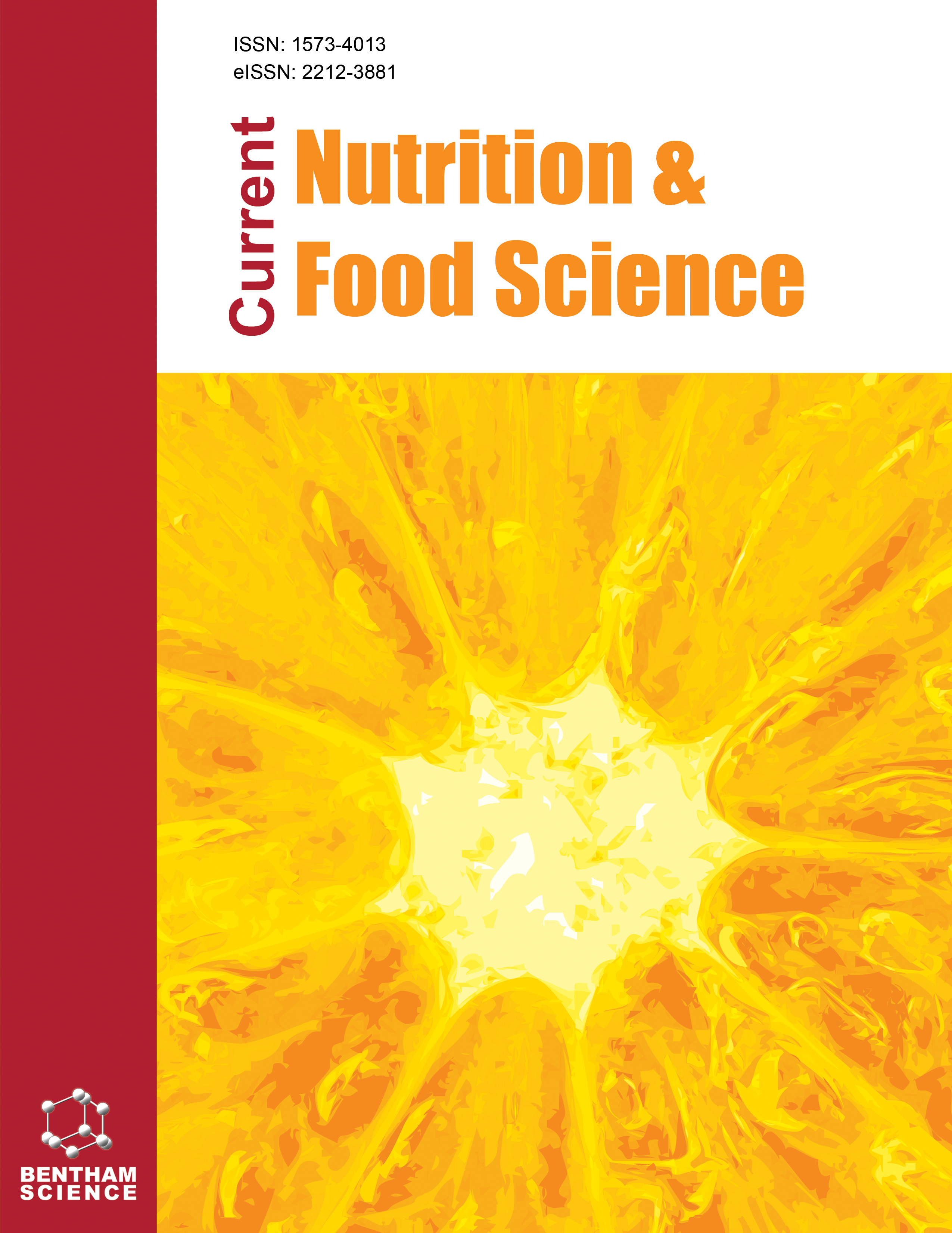
-
oa Food Allergy Knowledge, Attitudes, and Practices Among Restaurant Workers in Saudi Arabia: A Mixed-Methods Study
-
-
- 15 Aug 2025
- 25 Sep 2025
- 17 Oct 2025
Abstract
Food allergies pose serious health risks, particularly in restaurant settings where unintended exposure to an allergen can result in life-threatening reactions. In Saudi Arabia, limited research exists on the preparedness of restaurant workers in managing food allergies. This study aims to assess food allergy Knowledge, Attitudes, and Practices (KAP) among restaurant personnel in Saudi Arabia.
A mixed-methods, cross-sectional study was conducted among 413 workers from 94 restaurants, who completed structured surveys on demographics, knowledge (5-item score), attitudes (7-item scale), and practices (training, policies, and communication). Semi-structured interviews were conducted with 50 purposively selected workers across diverse roles between May and October 2024 to explore experiences, barriers, and preparedness..
Over half of the participants (54.9%) demonstrated inadequate knowledge (≤ 2/5). Only 20.1% correctly identified that cooking does not eliminate allergens, and 21.3% recognized that removing allergens from prepared meals is unsafe. Attitude scores were generally favorable (mean = 5.6/7), with 82% scoring ≥ 5; nearly all participants agreed that food allergy management requires a team approach (96.9%). Linear regression using knowledge score as the dependent variable and demographics, training, restaurant type, and policies as predictors showed no significant associations. No significant correlation was observed between knowledge and attitudes (r = 0.017, p = 0.73). Qualitative analysis revealed four themes: misconceptions and limited knowledge, emotional reactions and responsibility, unsafe practices, and institutional gaps.
Restaurant workers in Saudi Arabia exhibit positive attitudes, but substantial gaps in knowledge and practices persist, including misconceptions about allergen safety and a lack of preparedness. These findings underscore the need for structured training and standardized protocols to strengthen allergy management and enhance customer safety.

